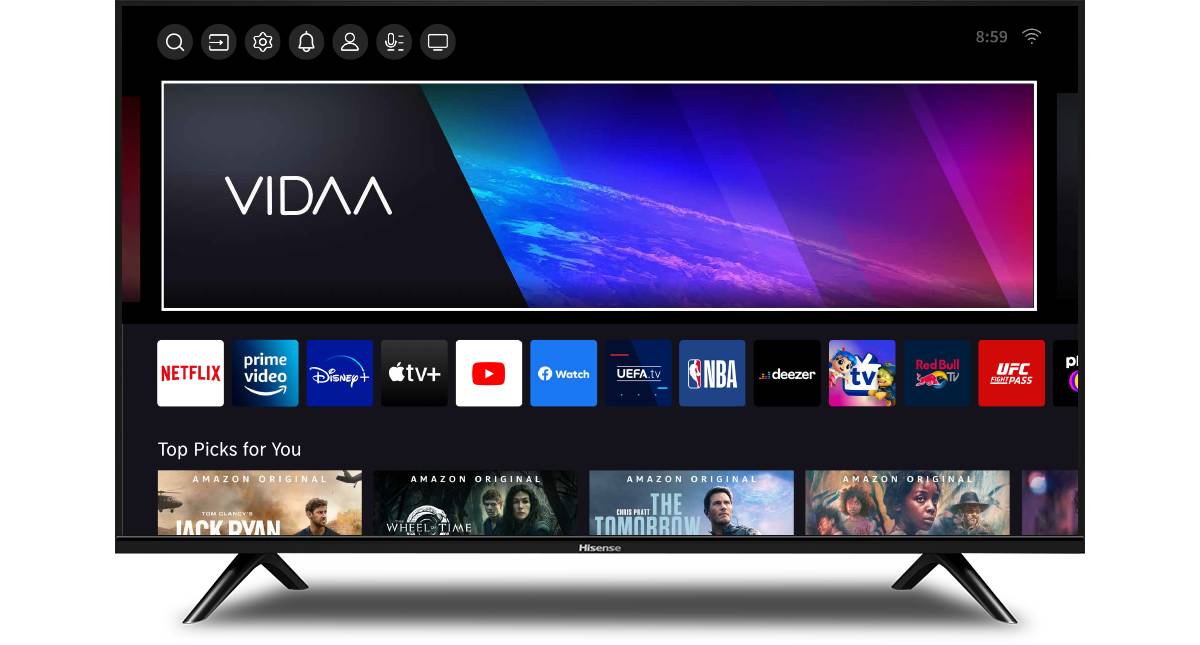Despite (or perhaps because of) the multiple delays to Google’s timeline for completely removing third-party cookies from Chrome, many businesses still don’t have their post-cookie strategies in place. On the brand side, a recent survey of UK marketers conducted by YouGov on behalf of Adform found that only thirty-three percent say they are well prepared for the post-cookie world.
French publisher Les Echos-Le Parisien Group is one of those which has been testing out cookieless solutions. “A year ago, we made the decision to move away from third-party data, to focus on our strengths, our proprietary data, and our high value-added content,” Violette Chomier, Chief Data Officer at Les Echos-Le Parisien Group told VideoWeek.
And this work has been paying off. The publisher’s cookie-free solution has driven improved metrics for both itself and its partners, and the company says it is already prepared for Google’s deadline.
First-party based audience segments
The publishing group, which owns titles including Le Parisien, Les Echos, and Investir among others, bases its cookieless strategy on audience segments built with first-party data.
Violette Chomier says the company has two major sources of first-party data. The first is simply browsing data collected via the group’s digital media properties. Les Echos-Le Parisien owns a mix of generalist sites (like Le Parisien) and specialist sites (like arts magazine Connaissance des Arts). Chomier says half of all French internet users engage with at least one of the group’s brands every month, meaning it’s able to build a wide bank of this data.
The group also collected some first-party data provided directly by its audience, for example through their subscriptions, or through their attendance at events organised by the business. Chomier says this data often has “professional themes”, making it useful for certain types of B2B targeting.
Collecting this subscription data, and being able to map browsing data to specific users, has required a bit of a change in focus for the publisher’s sign-up strategy.
“For a long time, our strategy was to maximise our audience, so to shorten the registration and logging-in steps,” said Chomier. Now, as it becomes more important that users are logged-on when they browse Les Echos-Le Parisien’s properties, the company aims to double the proportion of logged-on users over the next two years.
New segments, new opportunities
This data is then fed into SONAR, a tool built on ad tech business Permutive’s publisher platform. SONAR uses data from the group’s brands – drawn from web, app, video and newsletters – to build audience segments which advertisers can target.
“It marked a shift in strategy, with 100 percent of the group’s audience segments now built using first-party data, compared with just 20 percent a year ago,” said Chomier. “The results for this first year are promising, with improvements in both our performance indicators and those of our advertisers.”
“The impact on revenues is significant,” said Chomier. “We’ve seen a twofold increase in data-driven turnover, as an increase of over 25 percent in new advertisers between 2022 and 2023. The average budget per campaign has also increased by 57 percent.” SONAR also has the ability to track, classify, and analyse any generated events via its own data, which has helped drive up click-through rates by more than 26 percent.
The new approach has also opened up new advertising opportunities. For example, the group now delivers email campaigns with advanced targeting, which is again based on this first-party data.
A key factor has been using the publishing group’s range of contextual and semantic data to build out more detailed, advertiser-friendly audience segments. While user-submitted data plays a role, Chomier says it’s the contextual and semantic data which is most-widely used for targeting. This data has enabled to group to create over 500 new audience segments through SONAR.
This strategy, Chomier acknowledges, works particularly well for Les Echos-Le Parisien, given its portfolio of brands. “Advertisers are seeking a balance between performance, quality, and transparency,” she said. “This trend tends to favour premium publishers.”
But SONAR’s success affirms the idea that, for some publishers at least, falling back on first-party data built on consumers’ interactions with their content can not only provide an alternative to third-party cookie-based advertising, but actually drive improved results overall.




